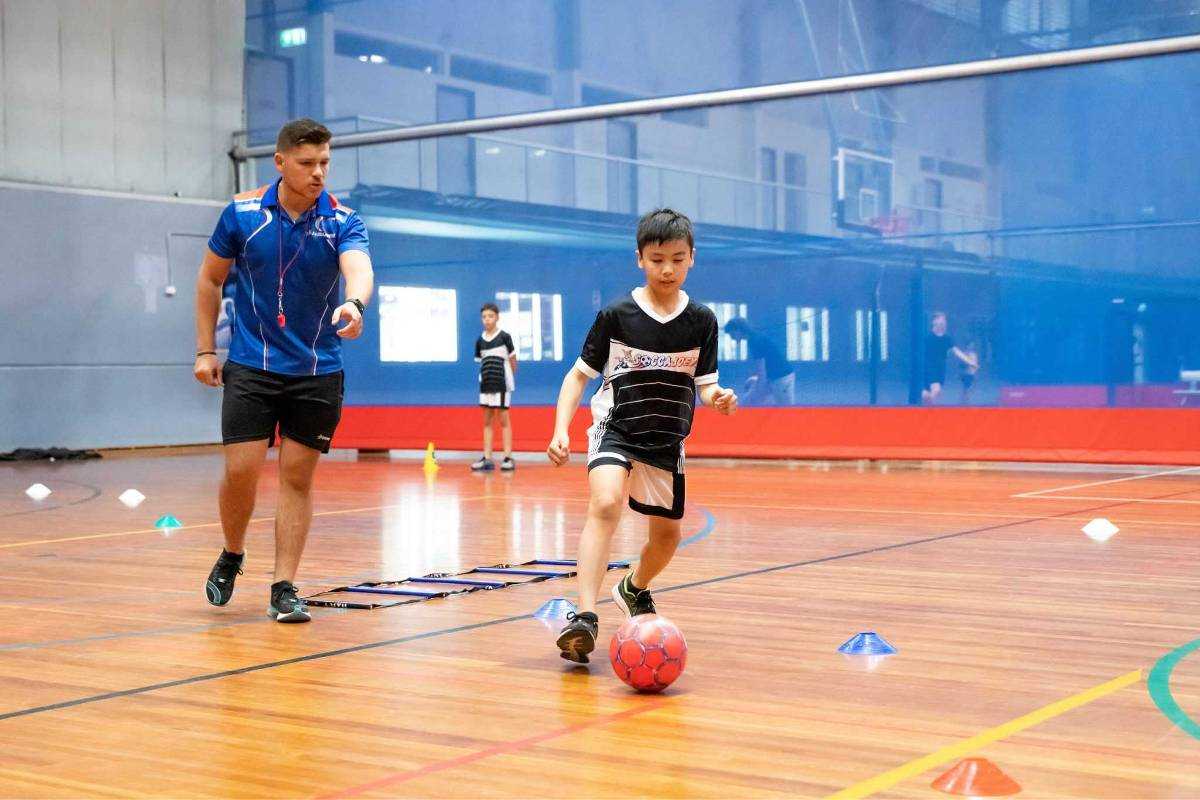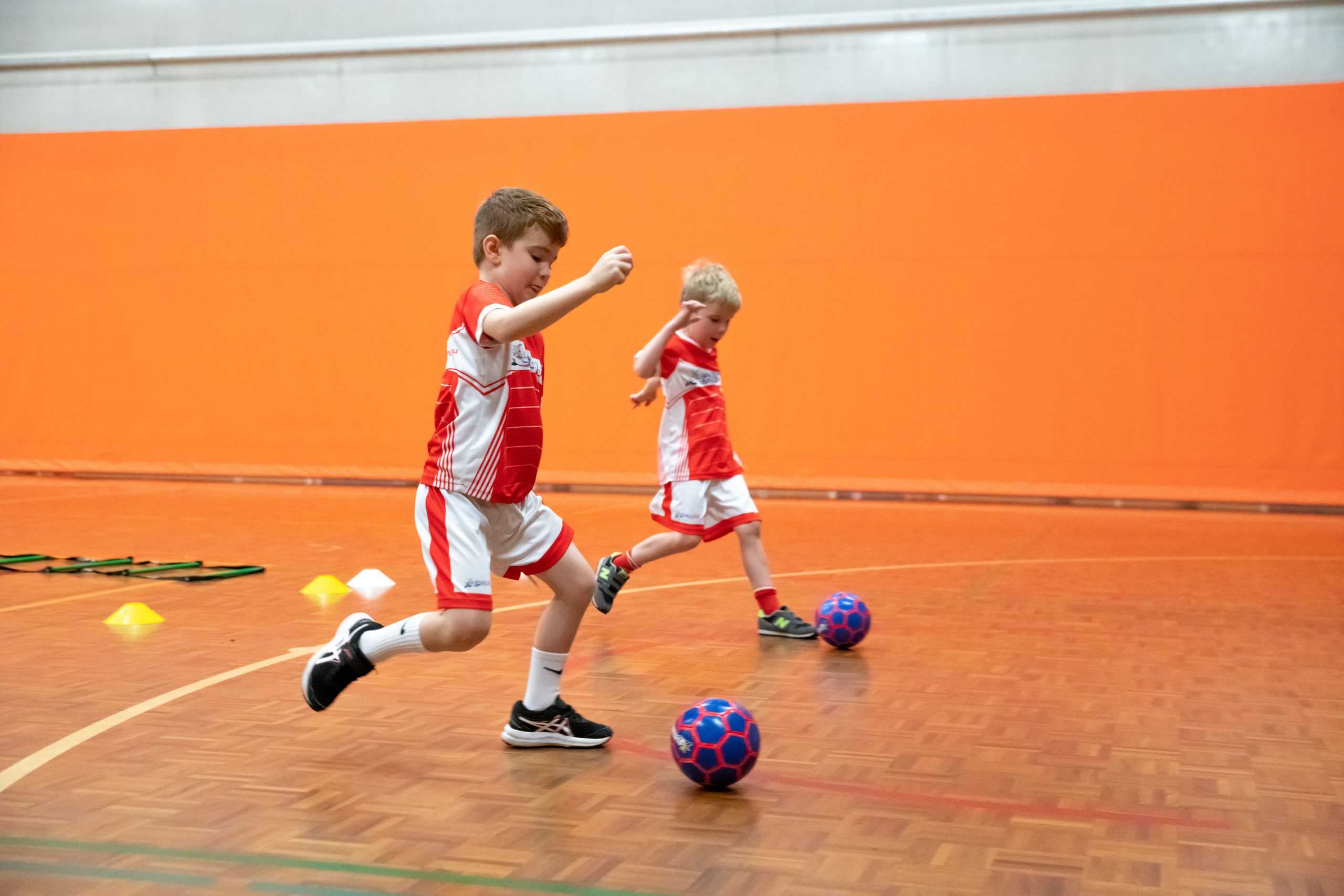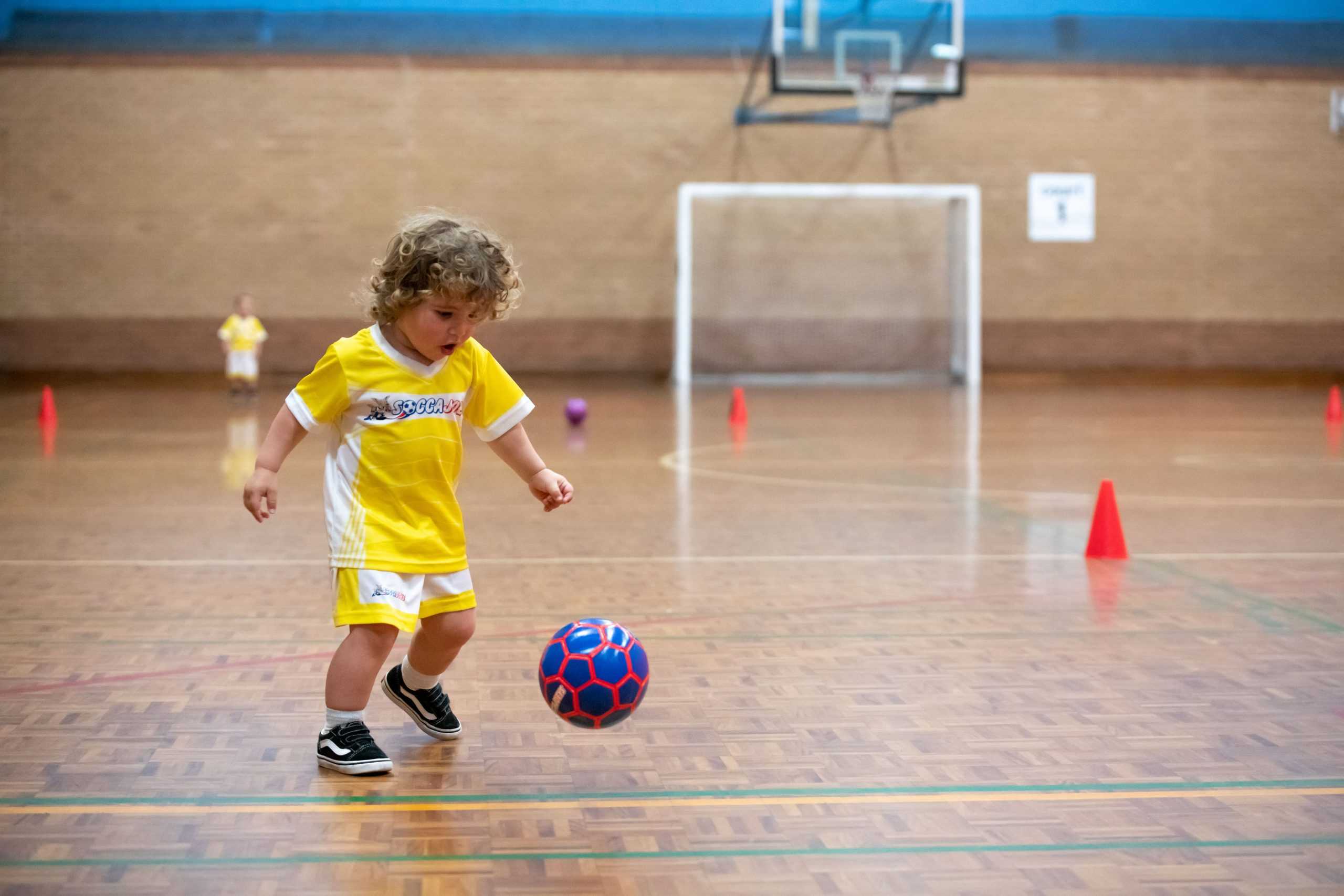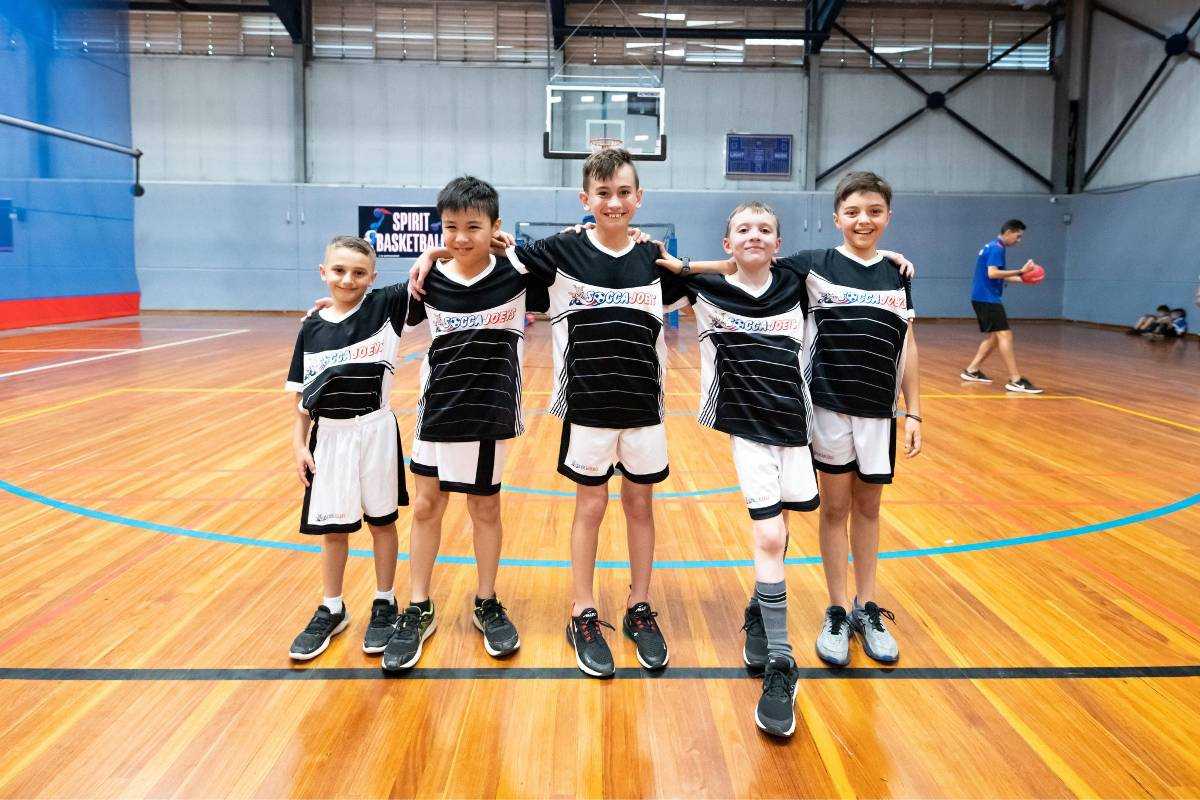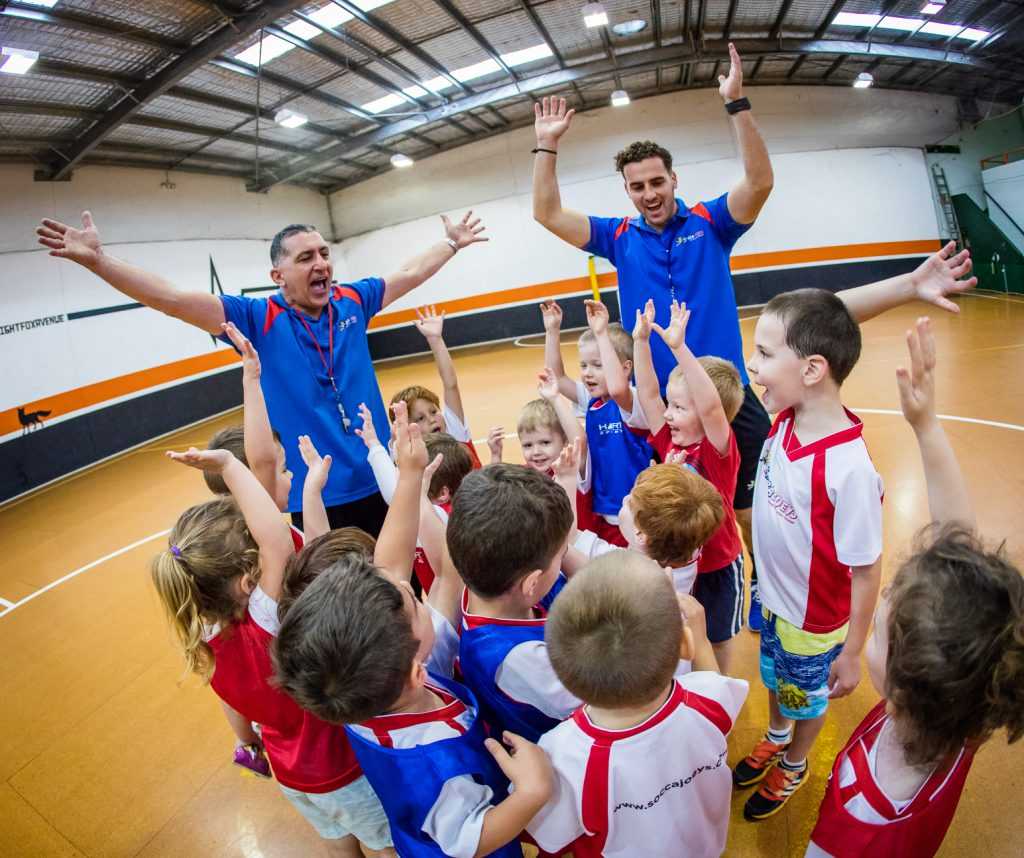The importance of movement for childhood development
Spend any time around kids and you know: kids naturally love to move. They run rather than walk, they jump and play and bounce rather than sit still. Providing kids with creative outlets such as play, sports and time in nature helps them to channel this energy in ways that actively further their development in the process of growing up.
Physical activity in early childhood promotes development in many crucial areas, including fundamental movement and motor skills, body awareness and a healthy sense of self-confidence and wellbeing.
In addition to physical skills such as gross and fine motor development, children acquire emotional and mental skills. Social connections and creativity are equally important by-products of movement developed by interacting with the world around them. Development of these physical, social and emotional skills are especially important in early childhood (3-5 years of age).
In today’s world, children have less and less opportunity to move freely and reflect on their experiences of this movement. Too often, kids are immobile for extended periods of time and throughout their day: sitting in cars, sitting on school benches and sitting in front of computer games and electronic screens. This kind of ongoing immobility is unprecedented and from a very early age takes up a disproportionate amount of their day. What’s worse, it naturally inhibits their ability to follow their instincts to explore and run and move.
The results are clear. We are facing an epidemic of childhood obesity. Attention spans grow shorter and shorter. More alarming still, increasing numbers of children are being diagnosed with ADHD while anxiety and depression and are at dangerously high levels among adolescents. Kids and young adults face challenges that their parents never did and, in their struggle to cope, are left with a lack of purpose and direction.
The Early Childhood Development curriculum clearly states that movement and free play should be an integral part of early education and a central focus in preschools. At Soccajoeys, we work very closely with preschools and young school children to provide a platform for the development of healthy behaviours.
Developing skills for life through soccer
Soccer is easily the world’s most popular sport. According to the Federation Internationale de Football Association (FIFA), more than 240 million people around the world play soccer regularly. Soccer is also one of the oldest sports in history, with roots tracing back to ancient China more than 2000 years ago. Evolving from a simple sport of kicking around a rudimentary animal hide ball, it has grown into the World Game, as the number of passionate fans of all leagues and of course the World Cup.
For many young boys and girls in Australia, Soccajoeys is their first point of contact with soccer. Our coaches are specifically trained to work with young children from preschool through to high school. We understand that kids learn through fun, play and active movement and skilfully cater to those natural inclinations.
Soccajoeys teaches much more than soccer. Our focus is on creating well-rounded young adults with the ability to function independently, confidently and happily – both alone and as part of a team. Soccajoeys taps into the key cornerstones of a healthy childhood – physical, emotional and educational – with a proven program built on a stable foundation consisting of movement, play and social interaction. This provides a safe framework for children to grow and develop aligned with a natural and interactive way to learn new skills.
Our focus is on children and the sport that we all love. Our kids, parents, franchisees and partners understand that creating happy, balanced children is our core value. To bring movement more movement into your kid’s life, contact us today to enquire about a Soccajoeys program near you.




